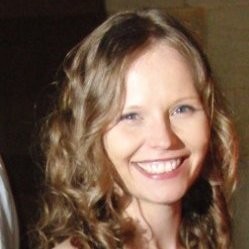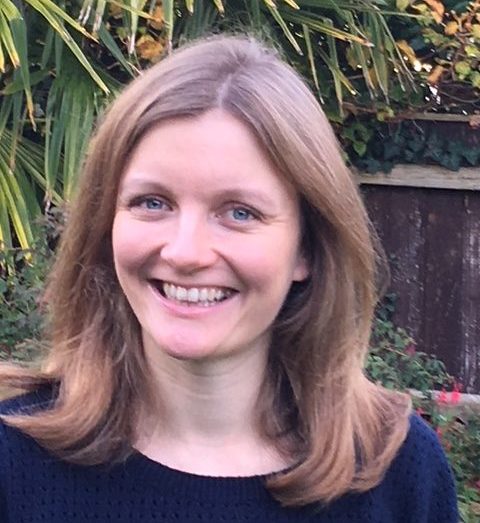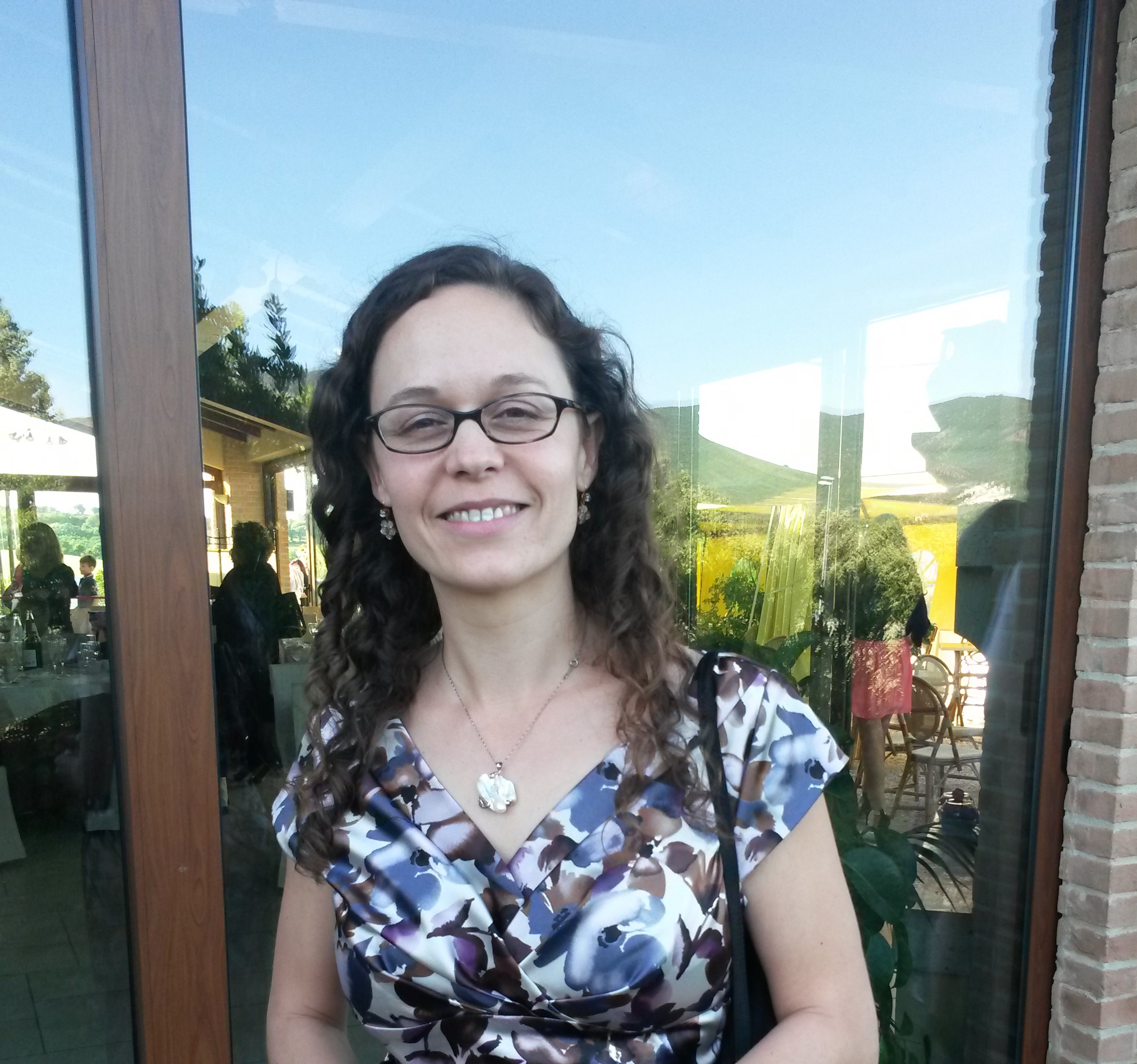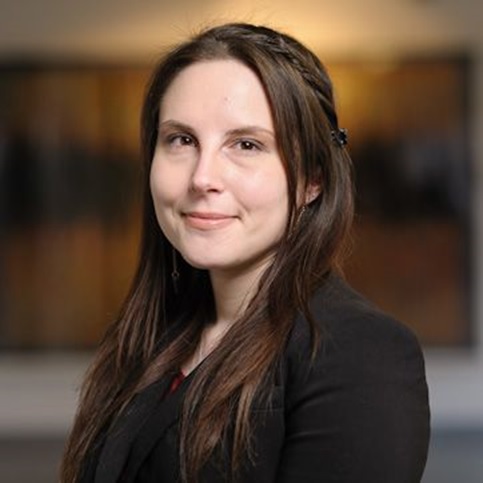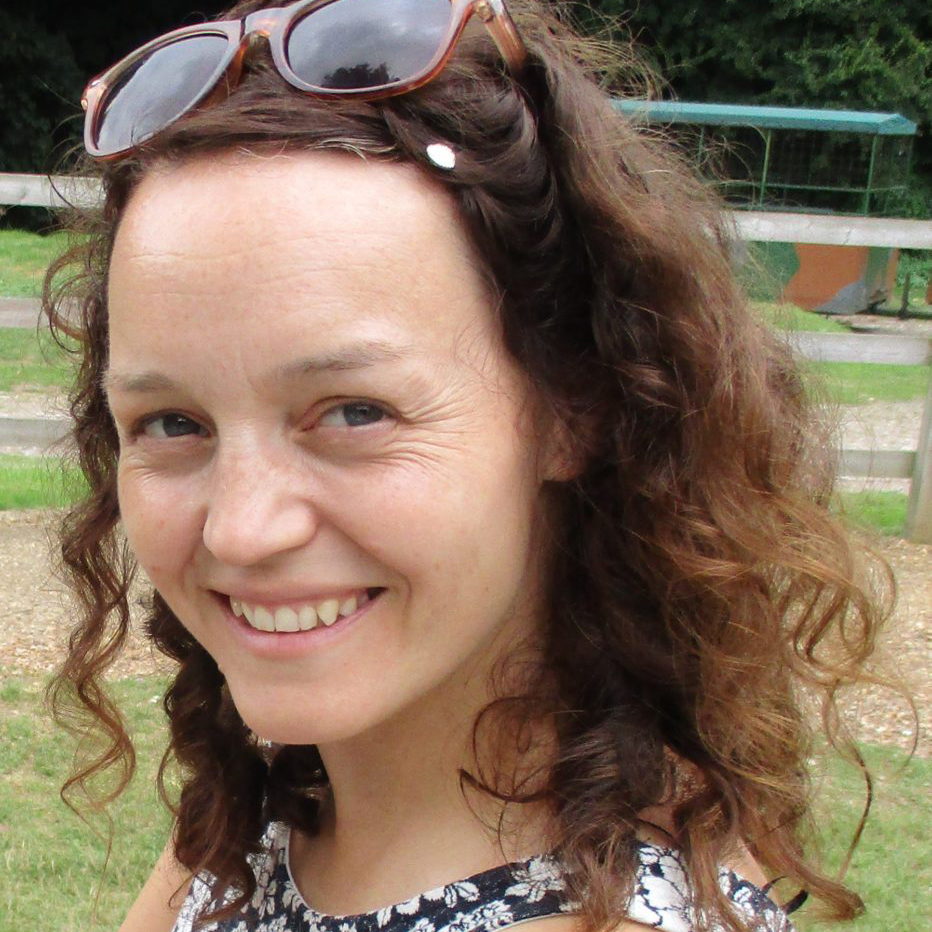DPhil in Physiology, Anatomy and Genetics, University of Oxford
| Principal Scientist | |
|---|---|
| AstraZenaca | |
Year entered into a non-academic position: 2017
Job highlight: Working to improve patients’ lives
My academic training set me up with… Being able to multi-task
What’s your background?
I did my DPhil in Physiology, Anatomy and Genetics at the University on Oxford, working on mouse models of neurodegeneration. Prior to that, I did a Master’s degree in Molecular Medicine and worked on protein aggregation, a hallmark of many neurodegenerative diseases, at the Max-Delbrück-Center in Berlin. After my DPhil, I joined the AstraZeneca-Tufts Lab for Basic and Translational Neuroscience in Boston for a three-year postdoc.
Why did you move away from academia?
While basic research will always be fascinating to me, it is the translational aspect of science that I want to dedicate my career to.
Is there anything you miss about academia?
I think that’s too early to say. I think that, despite the constraints that come with having to constantly secure funding, there is much more leeway to take on questions or problems that are seemingly too complex to answer. It’s working on those questions, however, that often lead to the biggest breakthroughs.
How did you get this job?
The postdoc position I had – which by the way, I found via linkedin – was based in the AstraZeneca-Tufts lab in downtown Boston. At the end of my postdoc I applied for a position at AstraZeneca and luckily got the job.
Did you think you had all the skills required for your current position before you started? Were you right?
I don’t think anyone should ever think that they have all the skills they need in any new position. If that’s what they think, they are a) wrong or b) didn’t challenge themselves enough when choosing the position.
How did your PhD prepare you for your current job?
The technical skills I acquired during my PhD as well as my postdoc are the bedrock of what I do now in the lab. Multi-tasking is another skill that I, like most PhD students, honed during my PhD.
Can you describe a typical week in your job?
In many ways, it’s not that different from a typical week in an academic setting. I perform experiments, write abstracts and give presentations, go to lab meetings, read papers and supervise other scientists. In addition, as a team leader for an early stage discovery program, I oversee the scientific progress of the project, work with CROs and internal collaborators and organise the essentials of any drug discovery, or indeed any project, from team meetings to service agreements to internal communication.
Can you recommend any relevant resources, organisations or events that might help somebody new to the sector find out more about it?
Reach out to people who work in jobs you are interested in – most of them will be happy to chat and give you an idea of what their role entails. Be specific in your introduction though – it is not enough to send an invite to connect on a social media platform.

